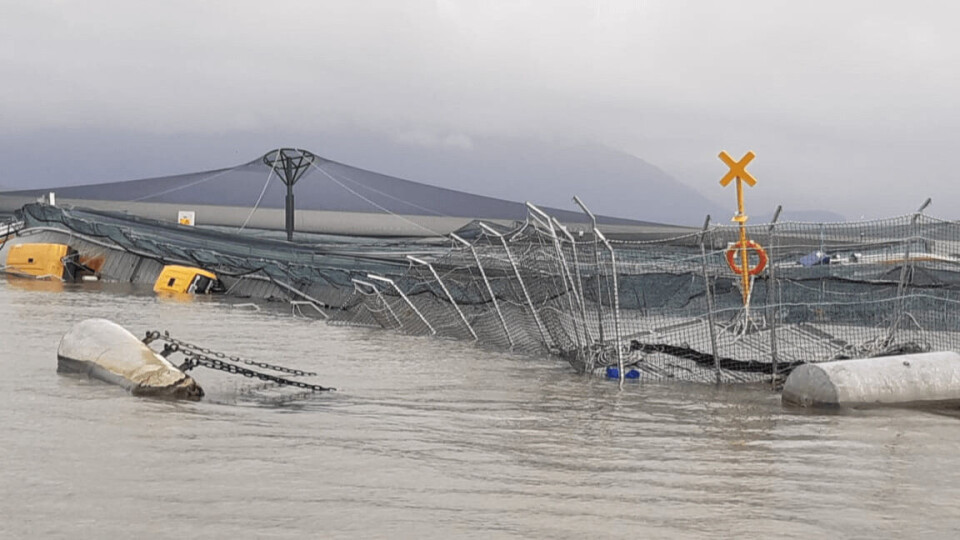
Camanchaca confident of recovery after $8.8m Q4 operating loss
Chilean fish farmer Salmones Camanchaca believes a change in consumers’ eating habits will help it make a quick recovery after reporting an operating loss of US $8.8 million for the fourth quarter of 2020.
Q4 revenues fell by 52.7% to $65.8m compared to the same period in 2019 because of a 35% lower sales volume and a 27% fall in the price of Chilean salmon because of Covid-19’s impact on markets.
The volume decrease resulted from the company’s decision to concentrate of selling value added products rather than whole fish which were fetching low spot prices. VAP accounted for more than 85% of Camanchaca’s sales in Q4 2020.

53,000 tonnes in 2020
The company harvested 15,800 tonnes (whole fish equivalent) in Q4, a 22% drop on the amount harvested in Q4 2019.
Harvest volume for the full year 2020 was 52,980 tonnes WFE, in line with expectation.
The company’s vice president, Ricardo García, stated: “We are very optimistic about the second half of 2021, as there has been a change in salmon consumption habits that will increase per capita consumption: people learned to eat salmon at home, a super simple protein to cook and a super food.”
Finance deal
Salmones Camanchaca’s cash balance as of December 31, 2020 was $9m and it had net interest-bearing debt (NIBD) of $113.7m. Consequently, the company breached the net debt-Ebitda ratio covenant, a situation authorised by its creditor banks.
On February 9, 2021, the company agreed an 18-month committed financing deal for $35m from DNB and Santander banks. The money will be used to strengthen the cash position of the company and replace uncommitted short-term credit lines from other banks.
Camanchaca also recorded an ex-cage cost of harvested Atlantic salmon in the quarter, reaching $3.43/kg, above the target of $3.00/kg.
The higher cost was due in the main to extraordinary mortalities and performance of remaining fish following an incident at its Islotes farm in May, when around 85,000 died when a 12-cage module was wrecked by bad weather.
Ex-cage cost in the previous quarter was USD 3.06/kg and USD 3.02/kg in the corresponding period in 2019.




















































